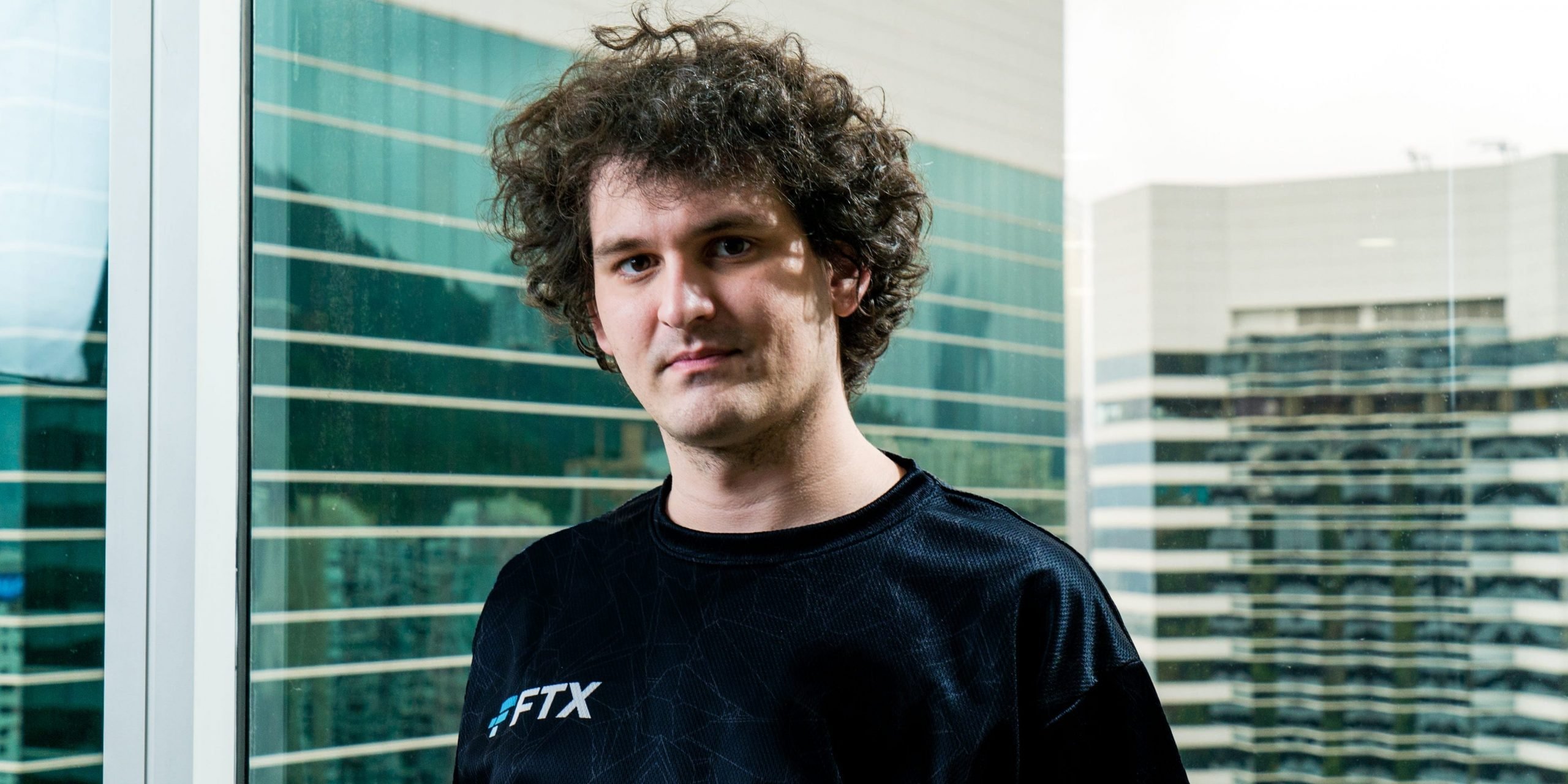
FTX
- FTX CEO Sam Bankman-Fried defended the derivatives market in an interview with Forbes on Monday.
- The 29-year-old crypto billionaire explained that derivatives make markets more efficient by adding liquidity for traders.
- He also reiterated his reasoning for lowering leverage limits on FTX in July.
- Sign up here for our daily newsletter, 10 Things Before the Opening Bell.
FTX CEO Sam Bankman-Fried defended the derivatives market and explained his rationale for slashing leverage on his crypto exchange in an interview with Forbes on Monday.
Crypto derivatives are a "somewhat misunderstood area," Bankman-Fried told Forbes. "People will note that derivatives trade more volume in crypto than spot, which is true. But that is true of every asset class in the world."
The 29-year-old crypto billionaire explained that derivatives make markets more efficient by adding liquidity for traders who want crypto price exposure, but who don't need actual token delivery.
Bankman-Fried conceded that derivatives like crypto futures do sometimes go wrong – such as when leveraged positions lead to forced liquidations. But these sorts of scenarios are over-emphasized and are generally less important than the broader beneficial effects of having access to futures.
He also reiterated his reasoning for lowering leverage limits on FTX in July, a move that was mirrored by exchange competitor Binance.
"We did not have this on day one and it was the most requested feature from our users. They were refusing to use the platform unless we had it," Bankman-Fried said.
But as concerns began to mount about the fragility of extreme leverage - sometimes multiplying trades by a factor of 100 - FTX walked back its high leverage limits, lowering the cap to 20 times.
"Any position that you're putting on with that level of leverage can't be absolutely crucial for efficient markets, and this is not something I felt was particularly important or good for crypto market health," explained Bankman-Fried.
In his Forbes interview, the FTX CEO emphasized the need for crypto to embrace regulation, a sentiment he also expressed in a recent interview with Insider.
"I just wish that the industry were, as a whole, doing a more conscientious job of interfacing with regulators," he told Insider.
